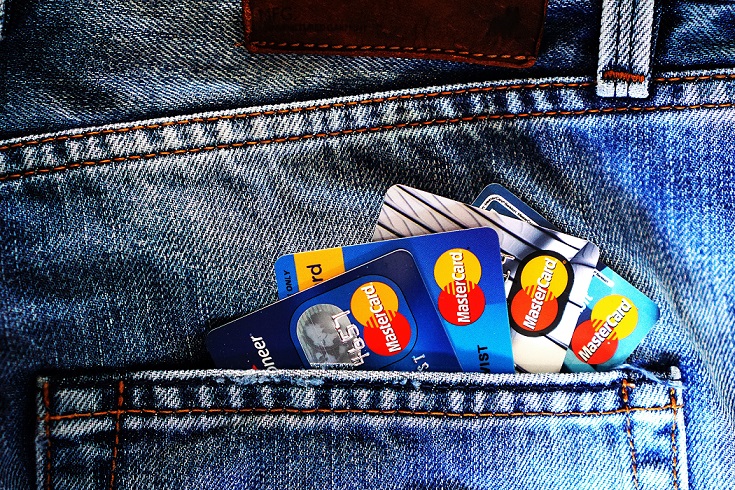
The concept of loans exists in every economy. But for the average Nigerian, depending on loans for day-to-day transactions is not the norm. Loans are often considered as a last resort. If you want to make a purchase, you pay for it up front – once and for all. If you can’t afford to pay for it up front, you wait until you can, or consider other options. In countries like the UK, that is not the case.
In the UK and a lot of other countries in the west, you have the option to pay for virtually everything on credit. From phones and furniture all the way up to cars and a house, the option to buy now and pay later is usually available. While this option has some advantages, it can easily lead to a false sense of financial security.
I recently came across a deal for a Samsung Galaxy S21. Your upfront cost to take the phone was £0 as long as you committed to paying £30 per month for the next 24months. On paper, this is not a bad deal. A brand new high-end phone with no upfront cost sounds appealing. At the end of 24 months, you would have paid £720 which isn’t far from what you would pay for it up front now. The problem is, even at month 23, that phone doesn’t actually belong to you yet. So, for two years, you will be paying monthly for an item that is only depreciating in value. The same applies to similar ‘deals’ taken out to buy furniture, clothes, cars etc. Because the actual costs of each of these items are masked by seemingly small monthly payments, it’s easy to get carried away and take on several small payments. It is a convenient arrangement when it works. But things could take a negative turn very quickly if you fail to make your payments in any one month because of unexpected events. What does this have to do with a credit score?
Let’s start with what a credit score is. According to Experian – one of the largest consumer credit report agencies – a credit score (also known as credit rating) is a number that reflects the likelihood of you paying credit back. Lenders will review your credit history to determine this score which is a measure of the risk of lending money to you. Having a good credit score will be crucial when the time comes to fund big transactions that will be very difficult to complete without a loan. For example, when buying a house.
So what could cause a bad credit score? Some popular causes of a poor credit rating are making a late loan payment, or even making a payment that is less than the amount agreed in the contract. Now, let’s say you have taken on several ‘small’ monthly payments like the phone deal mentioned at the start of this article. A large emergency expense or a change in your financial circumstances could easily stretch your finances to the point of missing one or all of these payments. As soon as that happens, your credit score takes a hit and a bad credit score can have far-reaching consequences. For example, some landlords will review your credit history before agreeing to rent out a property to you. So, a bad credit score could mean you’re struggling to get a place to rent. Credit checks are also part of the application process for some jobs in the financial services sector. It means your credit score could play a decisive role in whether you get a job or not, even if you’re fully qualified for it.
How do you avoid the mistake of taking on a lot of credit debt simply because it is available? You’re probably thinking the best solution is to completely stay away from buying anything on credit. Unfortunately, this doesn’t do you much good either. While staying away from buying anything on credit may not necessarily give you a bad credit score, it does not give you a good credit score (and a good credit score is what you need). Your records will indicate you have no credit history which can be just as bad as having a poor credit score because it simply implies you have no track record of borrowing money and paying it back. That track record is what the lenders want to see.
So, you need to take on just enough credit to build up your credit score, while being careful not to take on too much that could put you at risk of defaulting on payments and hurting your credit score. To build up your credit score, my suggestion is to avoid taking on long-term monthly payment commitments where possible. Instead, use a credit card to pay for one-time transactions of small amounts (say £10 or less). Then pay off the amount accumulated on that card in full at the end of every month. There are many other available recommendations. But whichever option you embrace, it’s important to take care of your credit score. It’s also recommended to check your credit score every few months to make sure there are no surprises on your records.
Here are some useful resources on different ways to improve your credit score:
We carried out a survey of over 100 Nigerians about their experiences of living abroad. This post discusses one of the popular answers to the question ‘What is one thing you wish you knew before moving abroad?’

Very apt and informative… Thanks so much for this!
Thanks a lot Emma. Glad you found it useful.
Thanks for the enlightenment Sir.